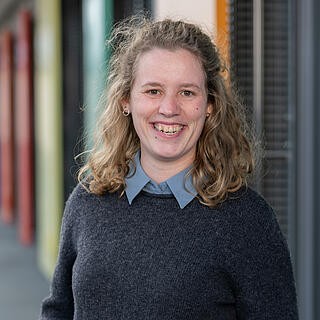Circular Economy: Analysis and advice on bio-based materials in the circular economy, chemical recycling, carbon cycles and mass balancing
More information about the project
Status of project
End of project: 2023
Project manager
Project staff
Funded by
World Wide Fund For Nature International Germany (WWF Germany)



